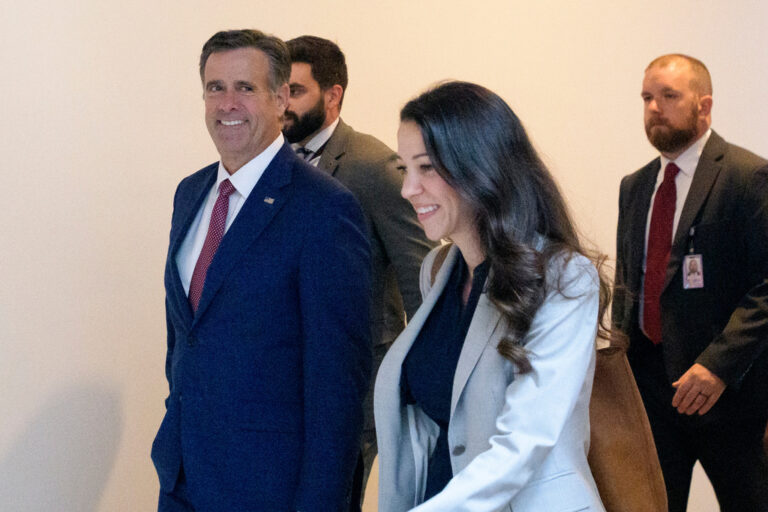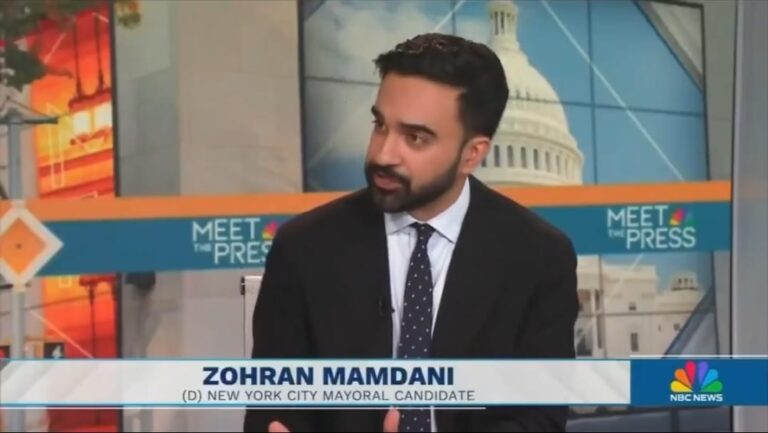 Almost every Orthodox movement in Israel is currently sending representatives out to the fields, greenhouses and orchards – but not because of Shavuos. The reason is that the shmita year starts in four months, and religious officials are rushing to promise financial and spiritual remuneration, and possibly a place in the world to come, if only farmers, religious and non-religious alike, agree to their proposals.
Almost every Orthodox movement in Israel is currently sending representatives out to the fields, greenhouses and orchards – but not because of Shavuos. The reason is that the shmita year starts in four months, and religious officials are rushing to promise financial and spiritual remuneration, and possibly a place in the world to come, if only farmers, religious and non-religious alike, agree to their proposals.
The religious kibbutz movement, for instance, is quietly working to obtain rabbinic permission to “sell” the land worked by most vegetable growers, despite an expected clash with the ultra-Orthodox. The sale of Israeli farmland to a non-Jew is meant to circumvent the shmita injunction on the grounds that since the farmland it is not really owned by a Jew, it can be worked – even though the sale is understood to be temporary. Religious Zionists generally accept this practice, while the ultra-Orthodox generally do not.
The religious kibbutz movement fears that increasing opposition to land sales among religious consumers, coupled with the increasing power of the ultra-Orthodox kashrut authorities, could seriously harm farmers. Agriculture Ministry officials said that during the previous shmita year, 15 percent of consumers did not buy fruit or vegetables that were grown following a land sale, and some fear that the number could rise to 25 percent this time around. The religious kibbutz movement is therefore fighting to convince hardal (Zionist ultra-Orthodox) rabbis to accept land sales, which were supported by Rabbi Abraham Isaac Kook, the founding father of religious Zionism.
Underlying the movement’s efforts are the three layers of the shmita story.
First there is the layer of Halacha, which addresses questions such as the validity of a land sale for the duration of shmita and the limits of the biblical Land of Eretz Yisroel, within which shmita is supposed to be observed.
Beneath the Halachic layer bubbles an ideological one, where the ultra-Orthodox wage their war on Zionism. In the shmita context, this war tends to take the form of rejecting land sales. The religious Zionists, in turn, accuse the ultra-Orthodox of Halachic extremism and hypocrisy, saying they scoff at solutions meant to protect farmers but have no problem finding solutions to circumvent the biblical prohibition against charging interest.
Then there is the financial layer. The shmita year provides a great opportunity for a few people to make a fortune – for instance, by importing produce from abroad or forming cartels that demand marketing exclusivity in certain areas, like those that operated in previous shmita years.
The religious kibbutz movement, which is motivated by Halacha, ideology and a desire to protect the farmers’ financial interests, thus has an interest in all three of the major issues underlying the shmita struggle.
Meanwhile, among the settlers and the Zionist ultra-Orthodox, organizations like Machon Hatorah Vehaaretz, which deals with commandments related to the Land of Israel, are working in high gear to distribute technological solutions to the religious dilemma, such as platforms on which to grow the produce so that it is not technically being grown on the land itself, and are urging consumers to commit to buying only produce grown under the institute’s supervision during shmita.
Among the ultra-Orthodox, Keren Shvi’it, a shmita fund run by the Lithuanian Chareidi sector, is offering farmers financial compensation – most of it from the government’s coffers – in exchange for a total, uncompromising sabbatical of the land.
The Badatz Edah Haredit, recently signed an agreement with Palestinian farmers in the Gaza Strip to provide 60 tons of fruit and vegetables over the coming year, despite the protests of right-wing rabbis that by doing so, the Badatz is “supporting terrorism.”
Although many of the same issues come to the fore every shmita year, this year could be more complicated than most. For instance, it is a leap year on the Jewish calendar, meaning that it has 13 months rather than 12. In addition, it appears that further religious stringencies may come into play, and there are additional special interests in the produce market, which has a NIS 4 billion turnover in a normal year. Although the squabbling among the Orthodox may not interest most Israelis, the struggle will end up determining what we all eat, and how much it will cost.
(Haaretz)











9 Responses
How can they call themselves Religious Zionists when they sell the Land of Israel to arabs? The Torah does not say anything about not owning land during Shmittah the Torah says the Land must rest!
The Eidah HaChareidis should be ashamed of themselves everyone know that ever agorah given to an arab is in part used to support terror! They could have put pressure on the gvt. to arrange for imports from “friendly” countries!
for all those knocking the Edah HaCharedis, there is unfortunately no other way to get cucumbers and tomatoes than to purchase from the arabs in Gaza. To import these items will make the cost prohibitive, and given that they would be considered “sefichin” if not grown by goyim, there is no other solution.
gemora
Find a solution or DO NOT eat them. How about a drop of sensitivity might be necessary, instead of buying them from the Arabs of GAZA?
$$$$ for terror, figure out a solution that does not include a rock in the forehead of a Jew.
I see a certain amount of hypocrisy here. Not every Arab farmer is automatically a terrorist. Also, tens of thousands of Arabs used to and I think to some extent still do, cross into Israel every day to work for Israeli Jews. Why isn’t that considered $$ for terrorists?
Wasn’t cucumbers what made the yiddim unhappy in the desert, that they wanted to return to Egypt? A little ironic.
“saying they scoff at solutions meant to protect farmers but have no problem finding solutions to circumvent the biblical prohibition against charging interest.”
how dare you reprint such outright apikorsus?
How dare they compare a heter made by Tanaim/Amoraim (i don’t remember which) to something cooked up (pun not intended) 50 years ago
bugnot “cooked up 50 yrs ago”- u talking about the heter of Rav E. Speckter zt”l?
I dont understand why the Eda Charedis would prefer to buy from the murderous arabs YM”S rather than set up an otzar beis din (Like the Tzionim are doing) or just rely on the heter for shmita bzman hazeh which is Drabanan anyway lfi rov poskim. I know that historicaly Charediem hashkafically disagree with anything the Tzionim do bshita, but come on, this is ridiculos. How is it any different than Neturei Karta mingling with the Iranians or the PLO, which even Satmar was against. Also, the heter, imho, is to prevent the non-religious farmers from being over on the issurim, which they are going to do most likely with or without buying from the arabs. Therefore, why not prevent being mikalkel Erezt HaKodesh and rely on the heter, which, in any case is better than giving the arabs YM”S money.
Facts as they are:
To rely today on sale of land to non-Jews is first an issue which has Halachic ramifications. The use of a Heter given in years where the agriculture in Israel was undeveloped and the lack of products could be a famine risk has to be reviewed in the situation where the agriculture is well developed and alternative means are possible. It is enough a heter to sell chometz for 7 days and even than there are sources who make the issue debatable. To sell for a WHOLE YEAR huge tracts of land is even a greater lenience especially when there ae other options. on this precipice there are even religious nationalists who work with the Charedi community to circumvent the necessity to rely on the sale of land for other workable options.
The use of arab produce is also a partial option.According to the Chazon Ish [relying on the opinion of the Mabit], produce grown on land of Eretz Yisroel under gentile ownership has the same SHmita limitations as Jewish produce. Therefore the comments of “arab cucumbers” etc. is merely a part of the story. The vast majority of produce is INDEED imported vegetables from Europe etc. and not from Gaza.
Also, to make a statement that merchant ties with arabs is putting $$ into terrorist pockets is a generalization. Most of the produce does NOT arrive from Gaza but from Judean locations and those arab individuals working in agriculture and merchant sales of produce aren’ t terrorist advocates. It isn’t profitable for them and won’t endanger their future for shuttling profits to terrorists. Terrorists are funded mainly from abroad-Egypt,Syria and Iran. I am sure that if the country could make use of all vegetable produce from imports without using local arab produce they would consider it, but to say that buying produce from arabs means putting $$$ in terrorist pockets is at most a monstrous overstatement.